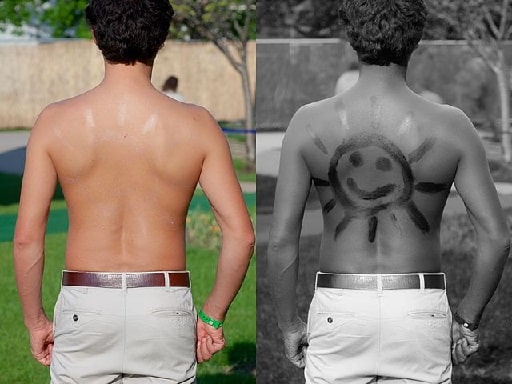You probably understand the importance of wearing sunscreen when you are out enjoying a sunny day. However, do you really understand sunscreen? For instance, do you know what SPF actually mean, or perhaps what broad spectrum means?
In a recent survey, it was found that many people really do not understand the terms used to classify sunscreen. Even those survey participants who had a family member with skin cancer lacked a good understanding of sunscreen.
Many rely on the SPF rating alone when choosing a sunscreen. You should understand that the SPF only accounts for protection against UVB rays, and offers none for the more dangerous UVA rays. It’s the exposure to UVA that causes aging, wrinkling, and tanning. Alternatively, UVB rays are the cause of sunburns. However, both UVA and UVB play roles in the development of skin cancers.
A sunscreen that is labeled “broad spectrum” can provide protection from both UVA and UVB. Often, people do not understand the term and have stated that it has not been influential when they are choosing a sunscreen.
Difference Between Physical and Chemical Sunscreens
There are also differences between physical and chemical sunscreens. Physical sunscreens use active mineral ingredients, such as zinc oxide, which sit on top of the skin to deflect the harmful rays. Chemical sunscreens contain carbon-based ingredients such as oxybenzone, octisalate, and others. These types of sunscreen work by changing the UV rays into heat and then release the heat away from the skin.
Which Will Offer the Best Protection?
There is still an ongoing debate as to which sunscreen type will offer the best protection. The FDA is currently establishing standards that measure the effectiveness more accurately to give consumers more information. Additionally, there are pros and cons to each type of sunscreen, so it is important to understand how each works so you get the best protection.
Dr. Thomas Wright of the Laser Lipo and Vein Center, “It is important to use the proper sunscreen to ensure that your skin stays healthy. Not only do we want to prevent skin cancer, but we want to help you eliminate the aging effects of the sun.” Dr. Wright and his staff are very knowledgeable about the effectiveness of the different sunscreens. If you want assistance finding the best for you and your family’s needs, just give us a call.
Source: Xu S, et al. JAMA Dermatol. 2016;doi:10.1001/jamadermatol.2016.2344.

